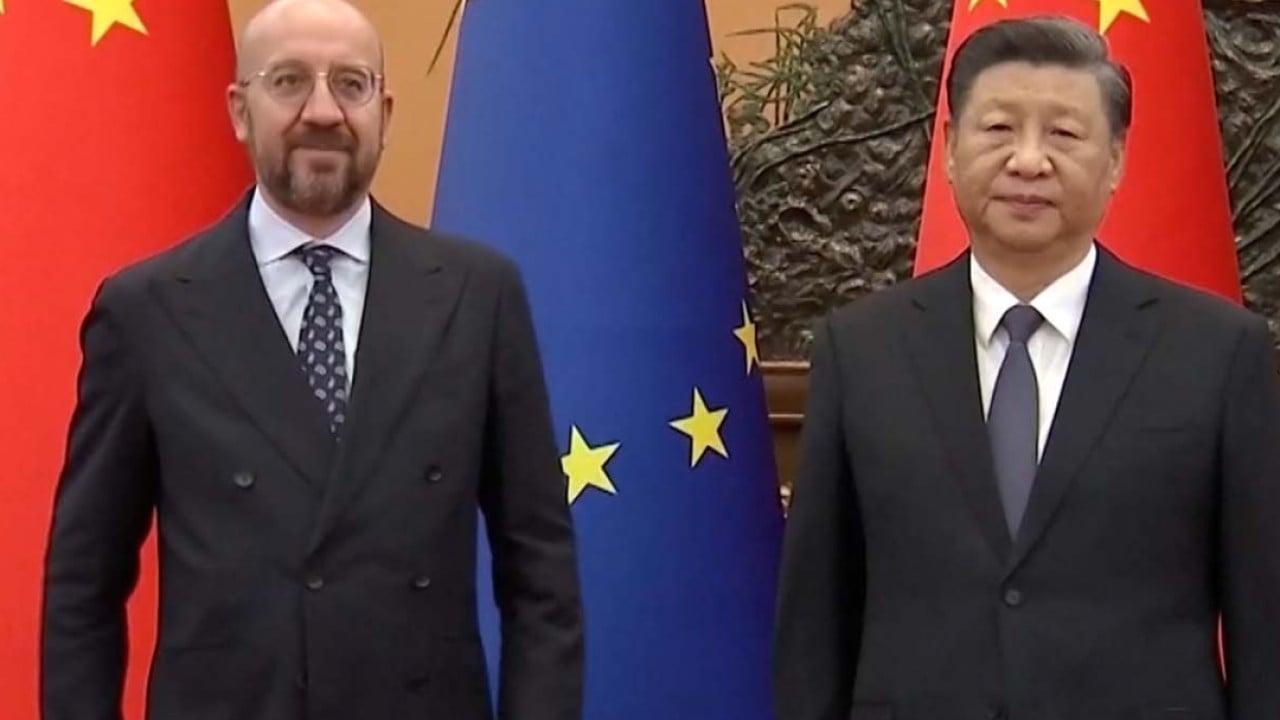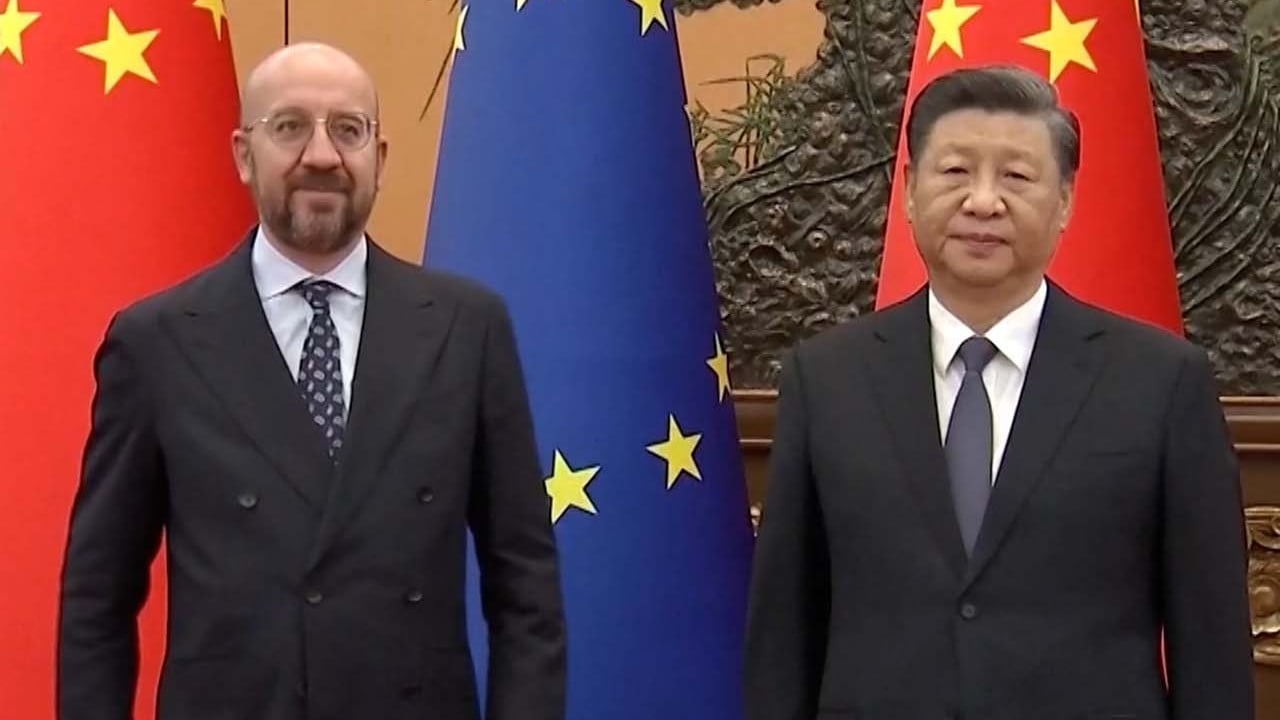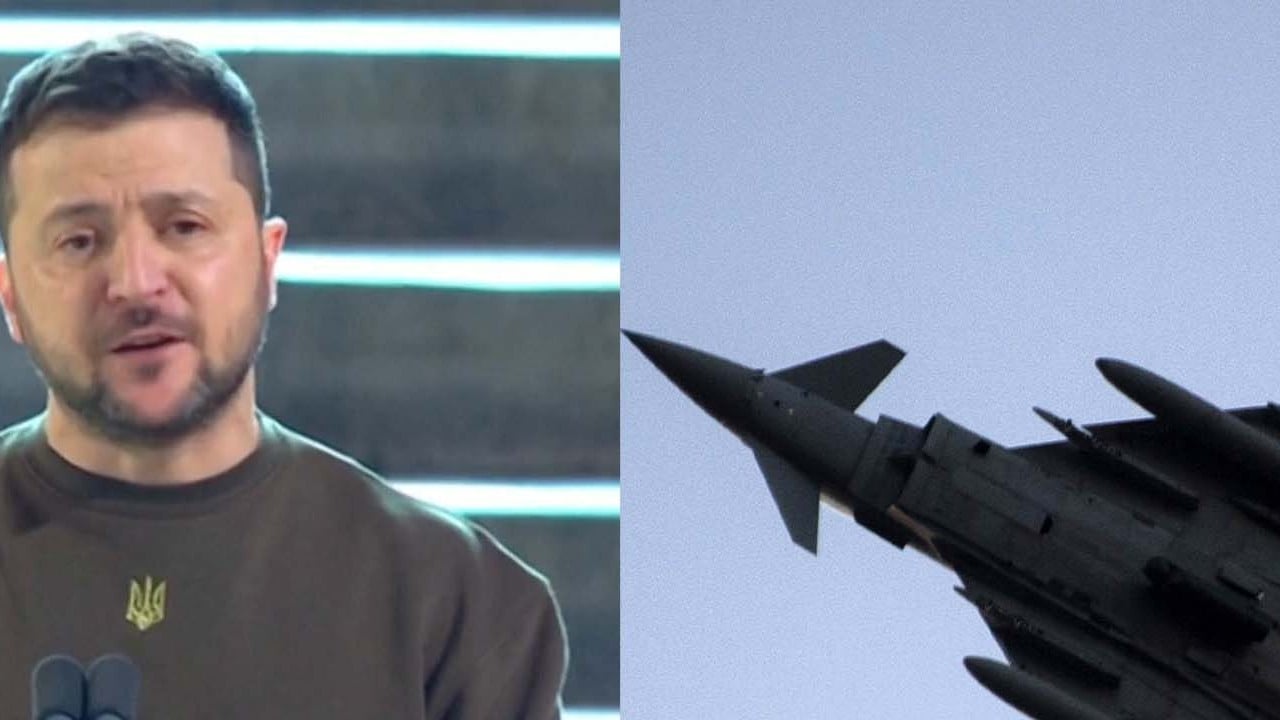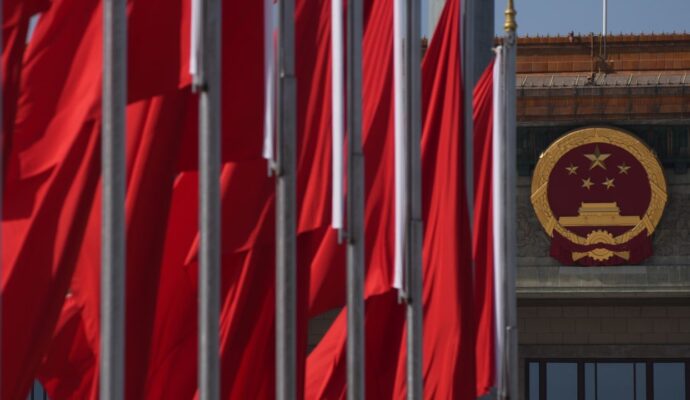
Chinese Foreign Minister Qin Gang told his Belgian counterpart in a call on February 10 that China supported the entry of more “quality” Belgian products into the Chinese market.
China is trying to restore frayed ties in Europe, according to experts. The European Union does nearly €700 billion (US$746 billion) in annual two-way trade with China and has become a major node in the Chinese 149-nation Belt and Road Initiative to expand commerce through new infrastructure.
“The world sees China facilitating Russia’s war in Ukraine,” said Stephen Nagy, a senior associate professor of politics and international studies at International Christian University in Tokyo.
“I think [China] is in a very tough position,” Nagy said. “They have lost a lot of goodwill in their relations with Europe and see that it’s critical they rebuild that relationship because the EU is very strongly aligned now with the United States.”
The EU has asked China not to back Russia in the year-old war with Ukraine, a country with widespread support in the 27-member bloc. Some European nations have condemned Beijing’s pressure on Taiwan and on Hong Kong, largely during the pandemic when Europe’s in-person diplomacy with China dwindled to a modern-day low point.
The German Federal Foreign Service had not posted news of Wang’s visit as of late Saturday, but it said in a statement that Munich Security Conference discussions would “centre” on the Russian-Ukraine war as well as on China. The 59-year-old event is for discussions on global security issues.
“A very important task is to express to European countries China’s real position, which is that China has a neutral view and that the war should end early,” said Wang Yong, a professor at the school of international studies at Peking University.
Wang, the Chinese diplomat, has expressed that view to several European leaders this month.
Nagy said Chinese officials hoped to break down European pro-US sentiment as Beijing’s ties with Washington remained strained. The two powers are sparring over trade, tech and geopolitics.
Despite US support for Ukraine, Wang Yong said, “we see a result that the war keeps going and could get bigger”.
Wang Yi told German Foreign Affairs Minister Annalena Baerbock on Friday that the longer the Ukraine crisis lasted, “the more damage Europe will suffer”. He pointed to explosions in September along the Nord Stream offshore natural gas pipelines between Russia and northern Europe.
China would need time to “win back the EU”, especially if it wanted European leaders to become “a joint bargaining chip against the US”, said Chen Yi-fan, assistant professor of diplomacy and international relations at Tamkang University in Taiwan.
He said China was most likely to succeed by stepping up trade and investment.
“The old European countries are hoping to re-engage with China,” Chen said. “It’s pure business – money talks everywhere.”
European leaders have been mixed on China’s overtures.
Scholz travelled to China in November and asked his counterparts for reciprocal market access and protection of the intellectual property rights of German companies. But last week Italian Foreign Minister Antonio Tajani warned Beijing at a university forum in Italy against aggression toward Taiwan.
Wang Yi is scheduled to visit Hungary and Russia this month as well.



